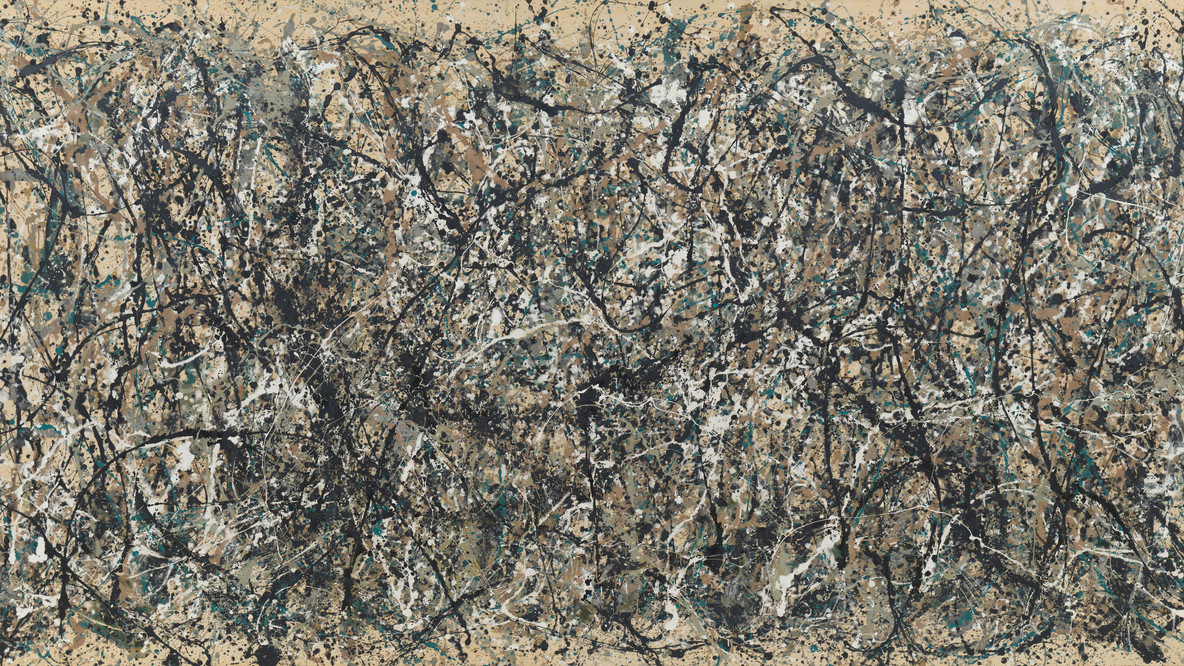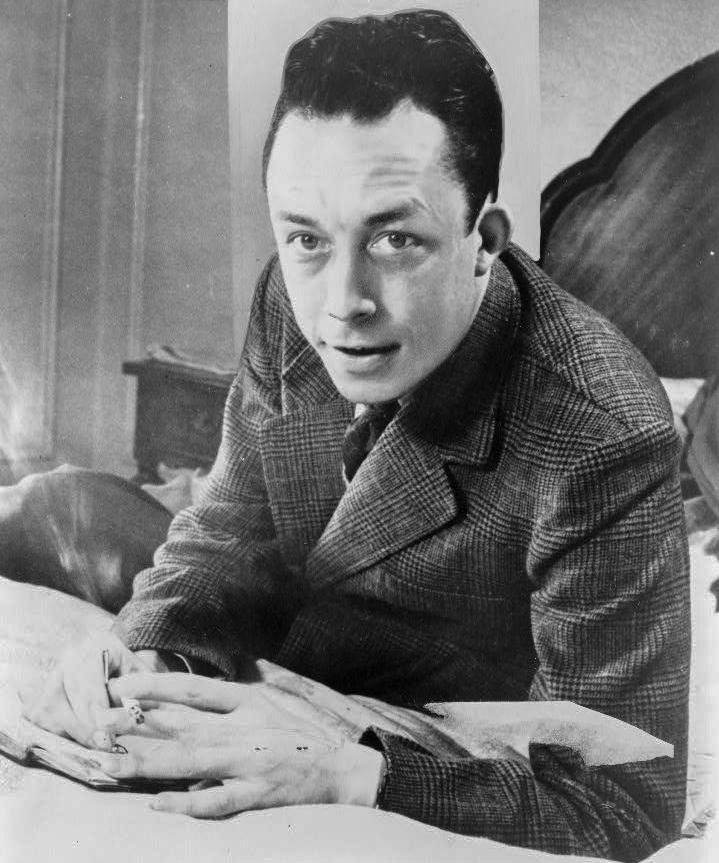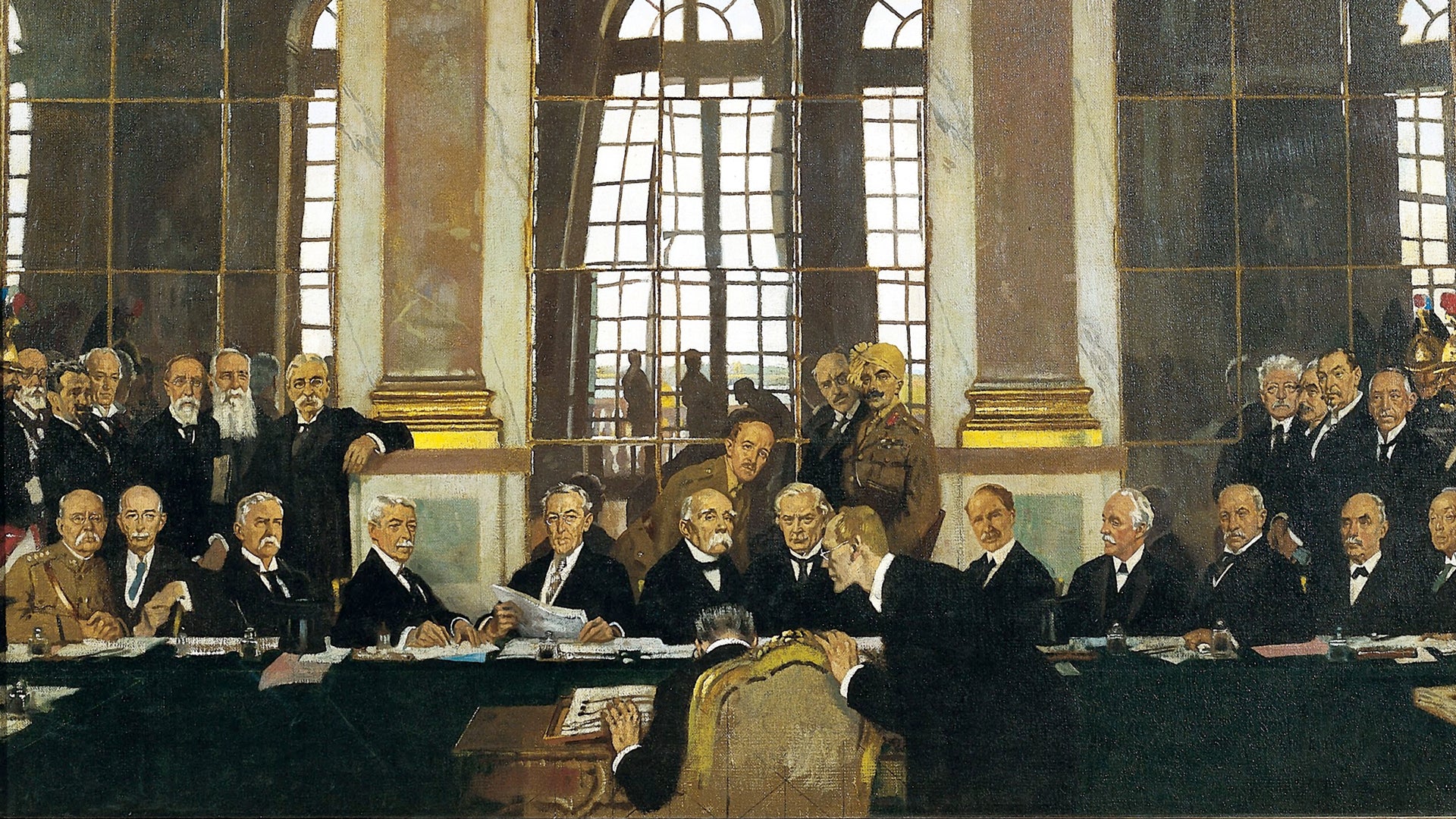Which has a bigger effect on history: the plans of the powerful or their mistakes?

Introduction
I recently entered the John Locke Institute Global Essay Competition which is held by the John Locke Institute sponsored by Oxford and Princeton. It’s an essay competition that encourages you to explore college level academic writing through thought provoking questions that go beyond the bounds of school essays. You can receive many prizes through the competiton, and I myself got a Commendation for the essay I submitted into the History section.
While this deviates a bit from my usual content, I find that it’s actually really similar to writing a research paper, but just in a different subject. You still have to research the topic, cite references, be specific, etc. For anybody looking to enter next year, my essay is down below to see what academic writing for a thought provoking question is like.
Which has a bigger effect on history: the plans of the powerful or their mistakes?
Imagine Jackson Pollock’s works: he was famous for his widely used “drip technique” to create drip artworks (Google Arts and Culture, n.d.). He utilized a can of paint and artfully dripped the paint onto a horizontal canvas. From that, would you argue that his paintings are mistakes or planned? He doesn’t know where the paint exactly goes, so is it a mistake? He would move back and forth across his sprawling canvas, directing the paint onto the areas he felt it needed to be. As he moved back and forth, he would adjust his plan according to how the paint naturally fell. We might say that the powerful don’t know exactly where the paint may fall when it leaves their brush, but each flick of the wrist and each movement along the canvas has a purpose. Mistakes, regardless if made by the powerful or not, are the opportunities that other powerful people take advantage of in order to make plans that change history.

We can interpret the question as such: do the powerful rewrite history or is history written on their mistakes? After defining needed terms, and analyzing various historical contexts in international affairs from the past century, we can logically assess the effects of plans and mistakes based on European philosophy. I will demonstrate this by asserting the intertwined relationship between mistakes and plans overlaid with the events of the World Wars and their effects. I contend that the World Wars and some of their effects left the largest imprints in history, and it’s demonstrated that they are all plans of the powerful. By following this argument, I propose that the plans of the powerful have a bigger effect on history than their mistakes.
To begin, we elucidate the difference between mistakes, effects, and power. A mistake is an action that could be perceived as wrong based on precedents: previous wars or events in this case. A direct consequence of this definition is that a mistake is also considered a matter of perspective. For instance, the Vietnam War was fought during the Cold War in the 1960s and 70s over advances of communism and resulted in more than a million deaths (Spector 1998). Some consider it a mistake from the sheer number of lives lost, but others thought it was a necessary measure in the Cold War and aided the effort to permeate democratic values throughout Asia. It’s clear both mistakes and plans can exert a profound influence on written history, and these effects fall into two categories: indirect and direct. Indirect effects are events propagated from another event, like how decolonization of nations was an effect of the Bolshevik Revolution. Although, in order to avoid any logical fallacies, this paper considers only direct effects or very close indirect effects. By definition, Vladimir Lenin is powerful: he had “control and influence over people and events” (Oxford Dictionary n.d). He created a plan, starting with overthrowing the Russian monarchy to then establish a communist government (Britannica 1998). Generally speaking, employing a plan is a method for achieving some end even if those intentions or effects prove to be disastrous. Lenin’s plan ignited a chain reaction instigating the stage for some of the most influential cultural reforms, such as Third World nationalism and globalization (Britannica 1998). To precisely determine the extent of a “bigger effect”, this paper measures how many are positively or negatively affected by a plan or mistake.
As the French philosopher and Nobel Laureate Albert Camus stated in his book The Plague, “good intentions may do as much harm as malevolence, if they lack understanding” (Stewart 2011). It’s interpreted that mistakes can do as much harm as malevolence, but not necessarily that they are malevolent. Camus’s philosophy brings into question whether a certain plan that lacks understanding can be classified as a mistake. This would make sense, as a plan that failed to understand precedents and proceeded in spite of them is definitely a mistake. For this paper, certain plans are classified as mistakes when appropriate. For clarity, if a plan is also considered a mistake, it’s still a plan. This is important for our argument. To further clarify, if you remove the intention from a mistake, then that makes the mistake an accident, which changes the meaning of it entirely. We choose to explore Camus’s idea further.

WWI (World War 1) began in 1914 with the assassination of Archduke Ferdinand, who was the heir apparent to the Austro-Hungarian throne. While Ferdinand and his wife were riding in a car, a lone gunman named Gavrilo Princip fatally shot the Archduke (Britannica 1998). At the time, the Archduke was heading to Sarajevo to check on the Austro-Hungarian army as the Inspector General of the Army (Shackelford, n.d.). His “good intentions” were simply that he wanted to check on the state of the army for future invasions. The tensions between Serbia and the empire were at an all-time high after the Balkan Wars (Wagnleitner 1999), so the Archduke choosing to ride in an open top car exemplified his lack of “understanding” for the situation he was in. According to Camus, this was a royal mistake. Later, the imperial government declared war on Serbia due to the latter consistently refusing the demands sent to them (Lindsay 2014). In a highly volatile environment, the Emperor Franz Joseph (the powerful) took advantage of Princip killing Ferdinand, as a result of the Archduke’s mistake, and declared war to put an end to the troublesome minorities in the multicultural empire. Thus, WW1 was a plan that took advantage of the Archduke’s death. The effects were quite disastrous, causing around 20 million deaths (WW2 Museum, n.d.). Although, one could argue that since WW1 was planned, then if it “lacked understanding”, would it be a mistake? WW1 being a mistake or not is too subjective since there are valid arguments to both sides. Regardless of if it was a mistake or not, it was still planned. Arguably, the biggest effect of this war was also a plan.
The Treaty of Versailles was signed by Germany and the Allied Nations in 1919, which formally ended WWI, one of the deadliest global conflicts in history (Crooks, n.d.). There were “good intentions” from the start since a treaty is where the parties came to an agreement, according to its etymology at least. It was inherently good from the drafting committee’s perspective. Although, the plan included various guilt clauses, such as the War Clause which forced Germany to take the blame for the war which included loss of territories, reduction in military forces, and general reparations (Crooks, n.d.). This angered the Germans and sowed the seeds for WW2 (World War 2). The committee drafting the treaty clearly lacked “understanding” of Germany’s perspective, which was their grave mistake demonstrating Camus’s point. As with WWI, WW2 was not simply a mistake, but rather a plan that took advantage of the initial mistake, which was the Treaty of Versailles. After the Treaty’s failure, Adolf Hilter used the unfairness of the treaty as leverage to gain political power in Germany. He would become the Chancellor of Germany (the powerful) and consolidate power and implement totalitarian rule in 1933, setting the stage for his plan to start WW2 (USHMM, n.d.). Technically, Hilter was not forced to invade Poland and start WW2, which demonstrates some intention in his actions. Thus, WW2 was planned and took advantage of the Treaty of Versailles. The effects of this bloodbath was essentially the most catastrophic war in history amounting to 35 - 60 million people dying, making it the highest wartime death toll in history (WW2 Museum, n.d). Furthermore, the cataclysmic impact of WW2 still reverberates through the annals of history: the Holocaust, Japanese Internment, and the Nanjing Massacre.

As an indirect consequence of WW2, the South African government wanted to strengthen their control so they heightened the racial segregation laws and institutionalized white minority rule. The architect of the Apartheid, Henrik Verwoerd, was a South African politician and had a large part in shaping the Apartheid policy in the late 1940s (SAHO, n.d.). Still following Camus’s logic, the “good intentions” here were to strengthen the nation, but racial segregation was horribly misunderstood as the best way to salvage the nation and thus Apartheid was a mistake. It is stated in the Universal Declaration of Human Rights that, “all are equal before the law and are entitled without any discrimination to equal protection of the law,” which was implemented by the UN the same year as Apartheid (United Nations, 1948). The South African lawmakers failed in “understanding” this principle as part of their government’s responsibility. Luckily, as with any form of oppression, people do revolt, and so arose the Anti-Apartheid movement. The Free Nelson Mandela campaign was a plan enacted through an international collaboration against Apartheid. Powerful organizations like the International Aid and Defence Fund backed the cause, and leading powers like the United Kingdom would create plans, like holding rallies and festivals to destabilize cultural legitimacy Apartheid. The global collective of cultural leaders were amending a grave mistake through various plans, which ultimately succeeded. Apartheid was eliminated in the early 1990s, and this eliminated the last trace of institutionalized segregation that plagued our world for more than a century. In the modern world, a precedent was set for much needed equality between all races.
It goes to show that a plan’s influence is universal, extending its reach to the social, cultural, and political realms. The mistakes discussed in this paper were a result of a plan, but not pure accidents. For example, arguably the biggest accident in the past century, the Deepwater Horizon Oil Spill in 2010, which afflicted millions of people, was not a mistake of the powerful but rather their workers. Many of those mistakes tend to play out in a similar fashion or their effects are not as widespread as the examples above. Plans and mistakes have a convoluted bond, but it remains true that the powerful use their influence to exploit mistakes and formulate plans off of them. To finish Camus’s thoughts, he further stated, “There can be no true goodness […], without the utmost clear-sightedness” (Stewart, 2011). Most of the powerful above intended to do what was good for their country, and having “clear-sightedness” or a vision is what gets the job done. From WWI to the present time is a cascading chain of plans falling in place one after the other. The paintbrush the powerful wield is a purposeful tool; with intent, one can paint a masterpiece that is called written history.
Final Thoughts
Whew! That was a long essay. Generally, with academic essays, after your hook and introduction, it’s a good idea to insert a paragraph that gives an outline for your essay. It’s almost like the “abstract” of your paper. And it’s great to ground your ideaes and reasoning in some type of philosphy, whether it be Eastern or Western. I inserted bits of Albert Camus’s Philosphy into the essay above, but you can really choose anyone. Overall, this was a great experience to learn how to write at a college level, and I encourage you all to participate!